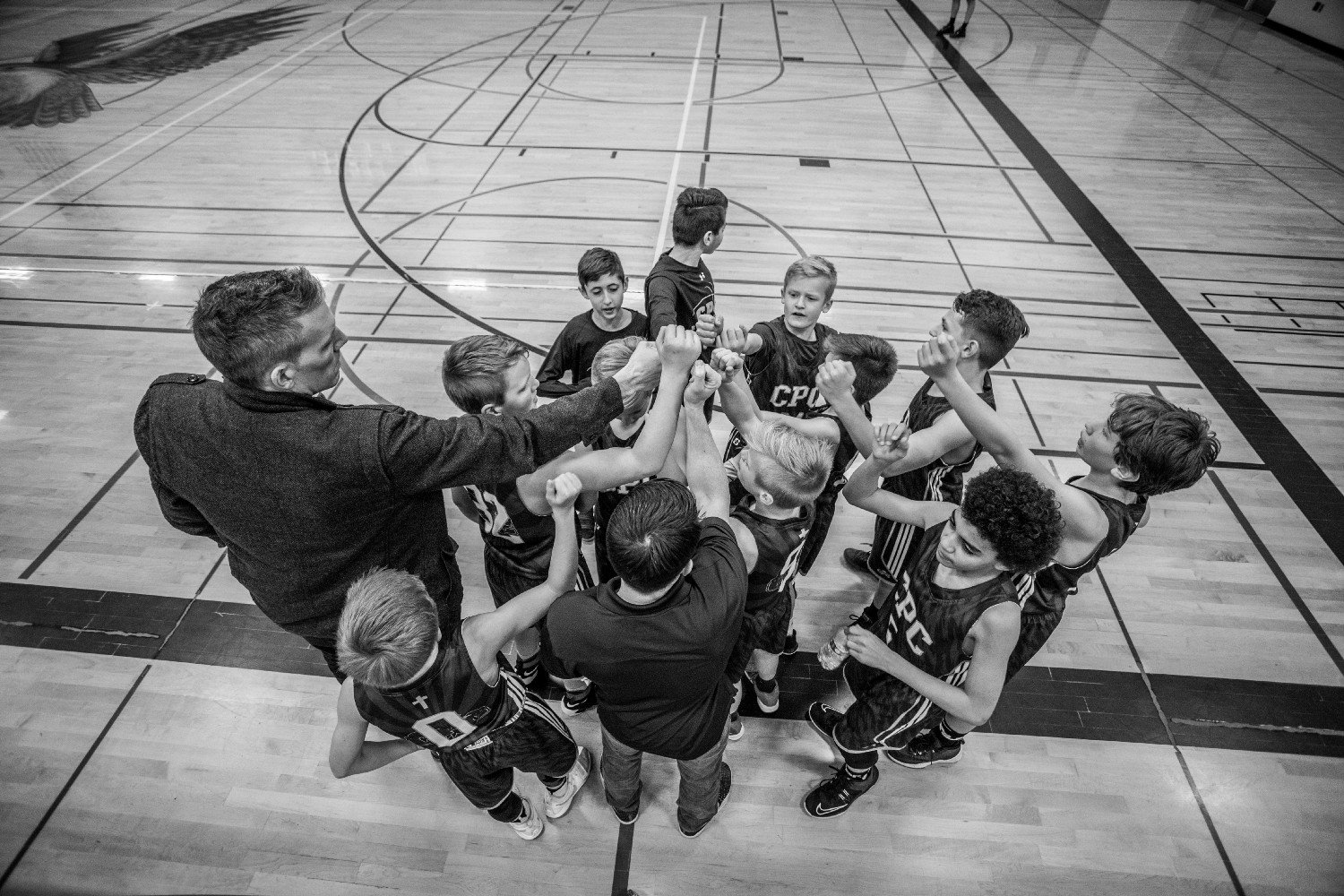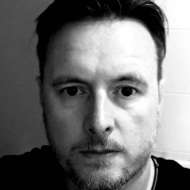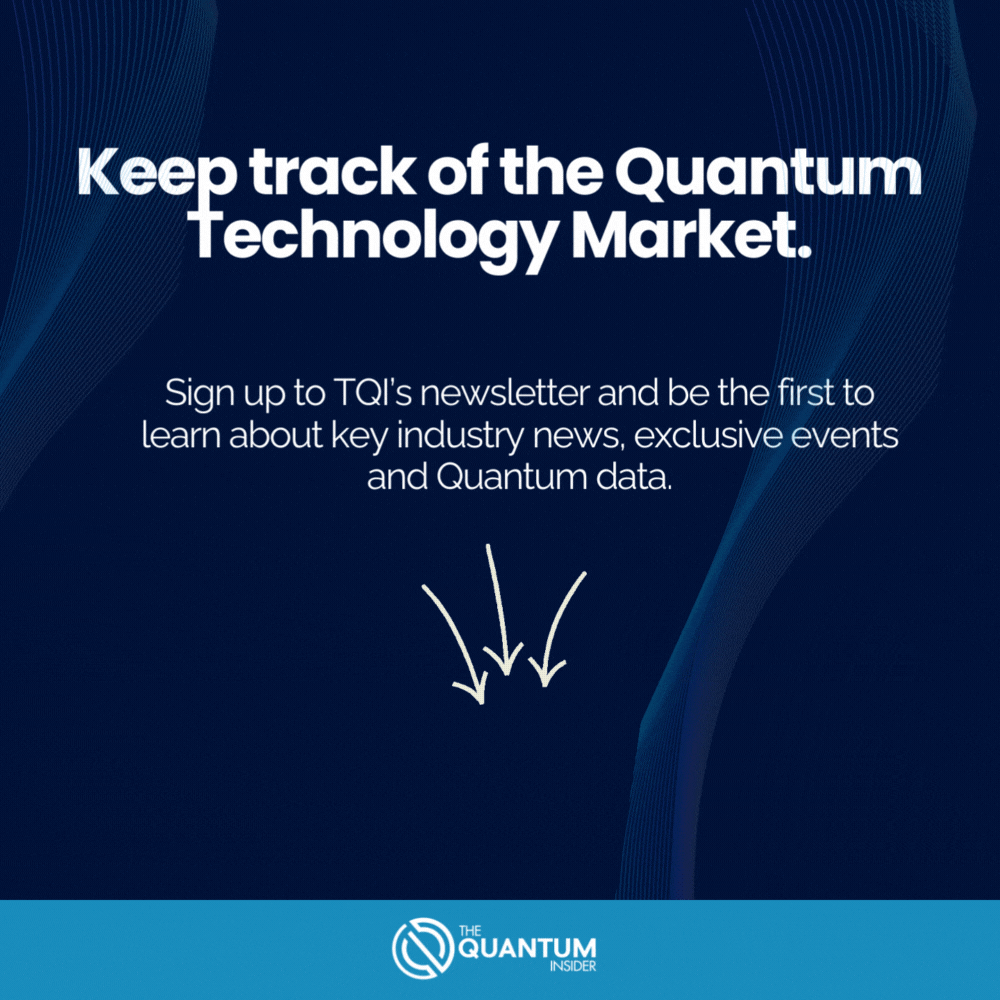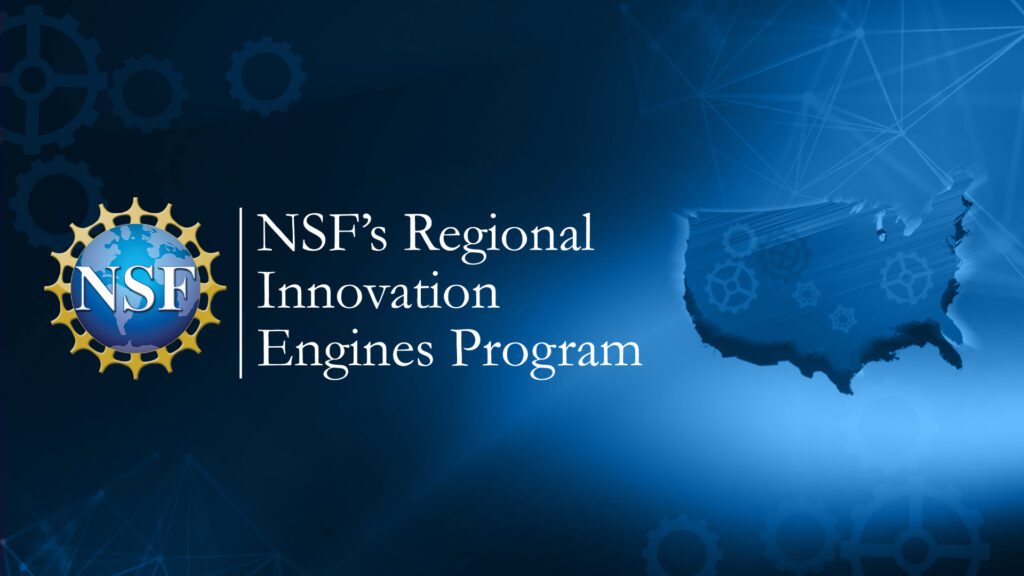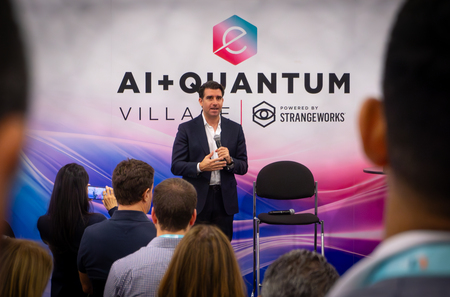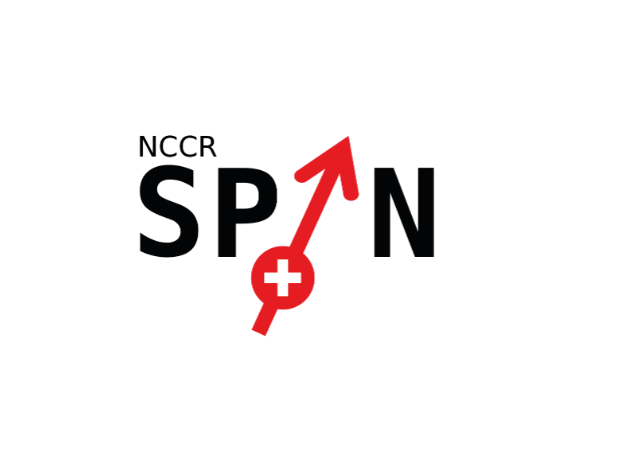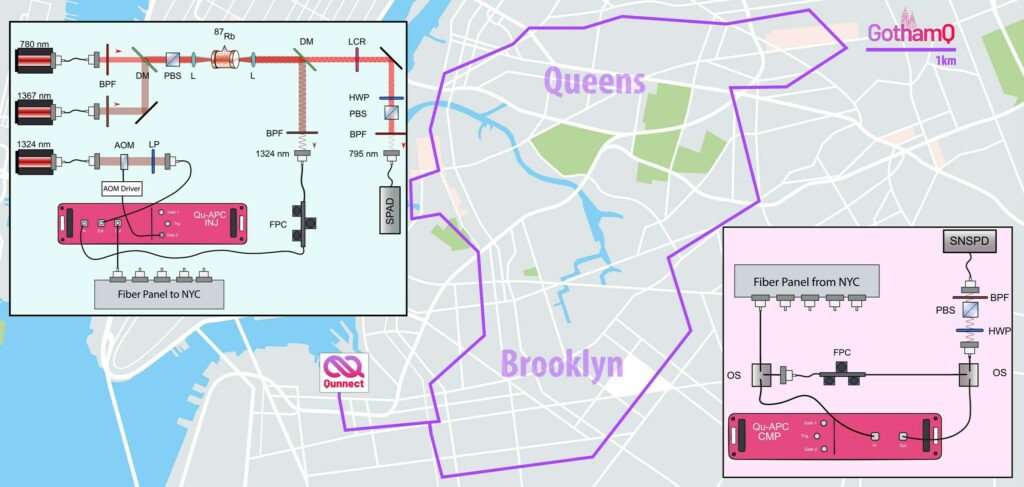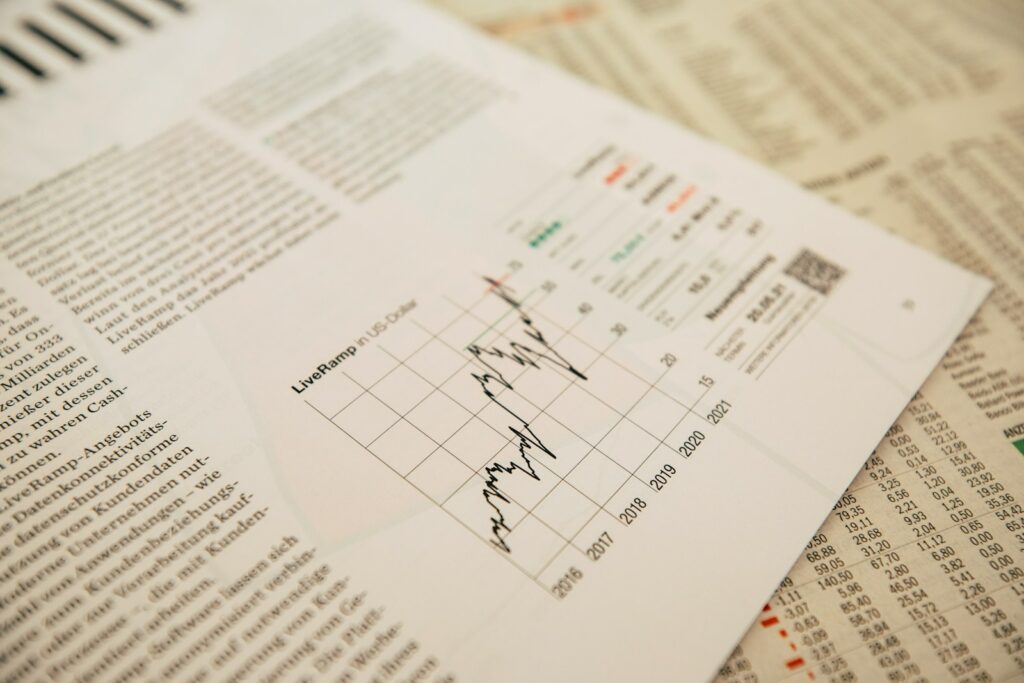The great Michael Jordan once said: ‘Talent wins games, but teamwork and intelligence win championships: in QC this is no different
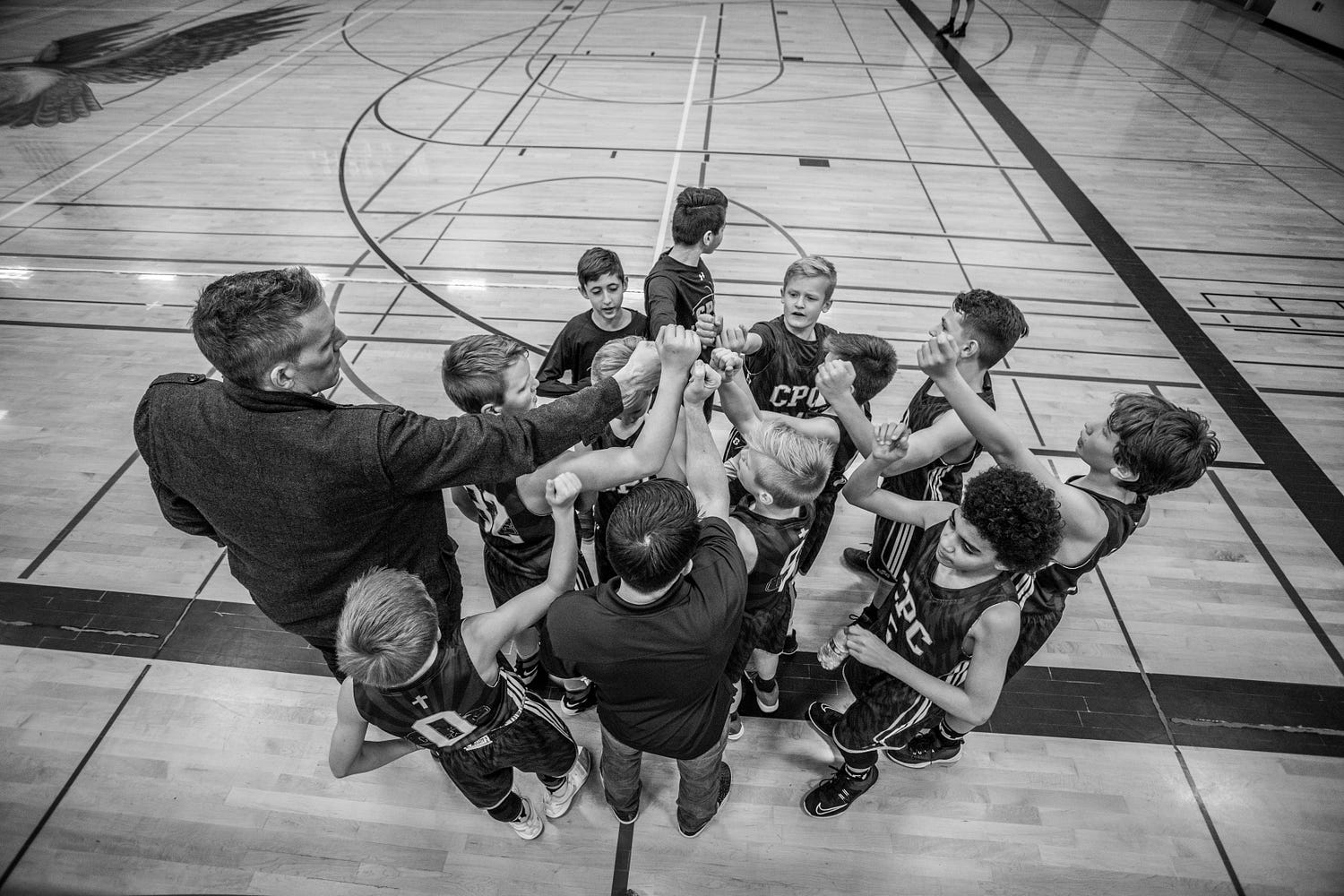
Working Together
Collaboration across borders and oceans will be key if quantum computing (QC) is to become the go-to technology in the coming decades. Already we can see close cooperation between universities and research centres across the globe. One such example is the University of Turku in Finland joining the IBM Q Network in 2019.
And there are others.
QC startups are doing the same. At the beginning of this year, it was announced Cambridge Quantum Computing (CQC) had started a partnership with the world-renowned CERN openlab to work together on the QUATERNION project.
This, then, is unequivocal proof the QC industry is heading in the right direction.
Another startup that sees collaboration with an academic partner as the best way forward is the Fremont, California-based equal1.labs. The startup, which has been around since 2017, was founded by Dirk Leipold, Mike Asker and R. Bogdan Staszewski and is in the process of developing ‘silicon-based quantum computer technology’ in partnership with University College Dublin (UCD).
equal1.labs
With its silicon design center at NovaUCD in Dublin, and hardware laboratories over 8000 kilometres away in Fremont, the team doesn’t see distance as a barrier in creating a great business and product.
‘We are working on bringing a scalable quantum computer technology to market.’
— Dirk Leipold
equal1.labs already has a prototype to show for their efforts: Alice mk1, the startup’s ‘first iteration of a full quantum computer system based on a closed cycle’.
Although the Alice mk1’s sixteen-qubit quantum computer demonstrator is in its early stages, it just goes to show the intent of the startup.
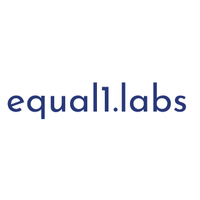
So, who are the people behind this and what are their backgrounds?
First of all, we have CEO and co-founder Dirk Leipold. With a Ph.D. in physics from the University of Konstanz, he started his career as a design manager at Texas Instruments before a number of positions as CTO and design engineer at other companies brought him to the semiconductor concern Qorvo, Inc as a senior principal system architect. He left Qorvo to found equal1.labs.
Mike Asker, the second of the three founders, has twenty-five years in the semiconductor design industry. With a degree in electronics from Bath Spa University, his CV includes stints as design manager at ‘pioneer in the semiconductor industry’ Fairchild and Broadcom, Inc, a global technology leader in semiconductor and infrastructure software solutions.
‘Science is a collaborative effort. The combined results of several people working together is often much more effective than could be that of an individual scientist working alone.’
— John Bardeen
A professor at UCD teaching and researching in microelectronic circuit design and complementary metal-oxide-semiconductor implementation of quantum bits, R. Bogdan Staszewski is the Irish connection in all of this (strange for a man with a Polish name!). With his whole college education — BSc, MSc and Ph.D. — coming from The University of Texas at Dallas in electrical engineering, he has a varied résumé of industry and academic positions stretching back more than two decades.
Impressively enough this year, the startup was named ‘one to watch’ by Nature Research, as part of its inaugural Spinoff* Prize in collaboration with Merck, and with funding (according to TechIreland data) equalling €1.2M from Enterprise Ireland and Atlantic Bridge, equal1.labs looks like it’s doing everything right.
Having a great team, then — whose experience lies exclusively in the semiconductor industry, yet with a prototype that has clear potential in the QC space — says to you equal1.labs and its Alice mk1 prove collaboration can work out in the long run.


